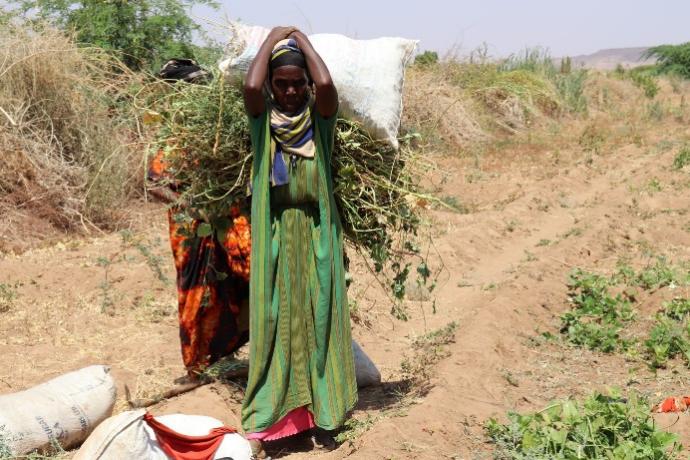According to the Somalia Food Security Outlook, October 2020 to May 2021, acute food insecurity is expected to remain high in Somalia through May 2021. This situation is perpetuated by varying impacts of localized floods and below-average rainfall, a worsening desert locust infestation in central and parts of southern Somalia, and the economic contraction linked to the COVID-19 pandemic. The population facing food consumption gaps is set to increase from 2.1 million as documented in late 2020 to 2.5 by mid-2021 according to the same report. NAPAD addresses food insecurity through humanitarian aid and by establishing long-term agricultural interventions that protect livelihoods and secure the food security of affected communities.
Along the stretch of the Jubba river sits a 24-acre piece of lush land in Korey village. Amid the scorching sun, mothers are harvesting maize, beans, and fodder for their animals. The farm hosts 50 riverine farmers from Korey village, Dolow district. Farming is persistently affected by erratic rainfall, Perennial River flooding, high-cost of pumping irrigation water using old diesel engines, poor farming skills, poor quality farm inputs and economic vulnerabilities.
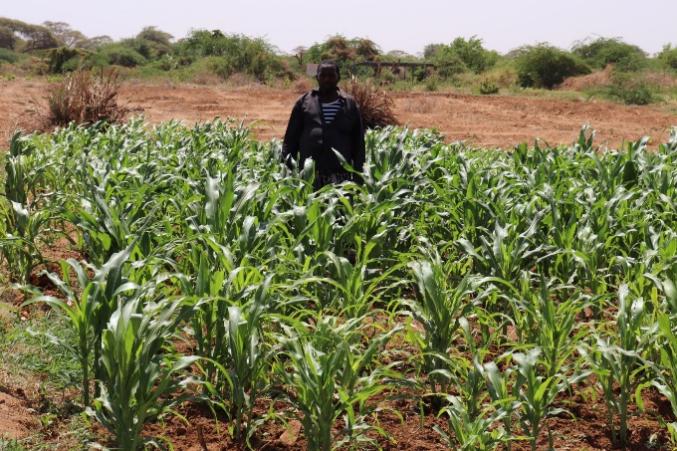
Ali in his maize field
Standing in the middle of his maize field is 36 years old Ali Mohamud, a father of six children. It has been 5 months since Ali and the other 49 farmers started farming this piece of land and have been an exciting journey for them.
Early 2020, Nomadic Assistance for Peace and Development in collaboration with Terre Des-Hommes (TdH) and BMZ Germany implemented a building resilience project that aims to improve food security in vulnerable communities like in Korey Village of Dolow District, Somalia.
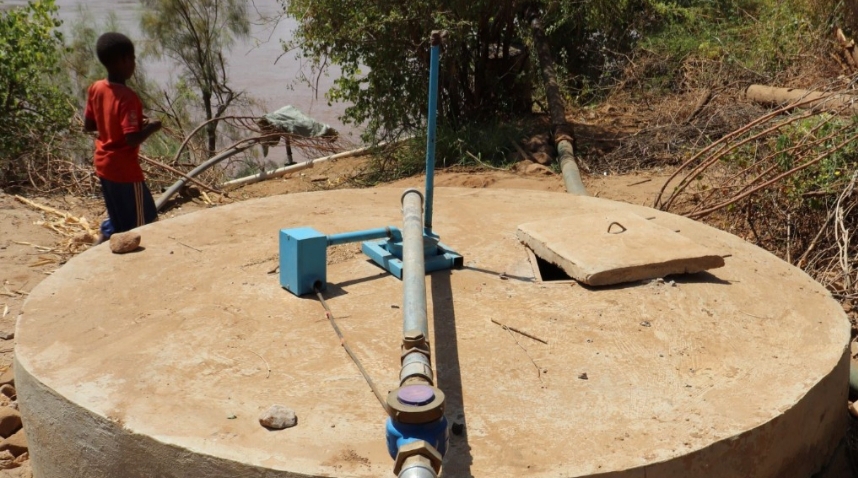
‘’ We were very excited when the NAPAD program team came to us with this project that would empower us to advance our farming. It was on condition that we show serious commitment to farming. Before only a small portion of this land was under irrigation. The land was barren and bushy. We cleared, ploughed…‘’ Recalls Ali.
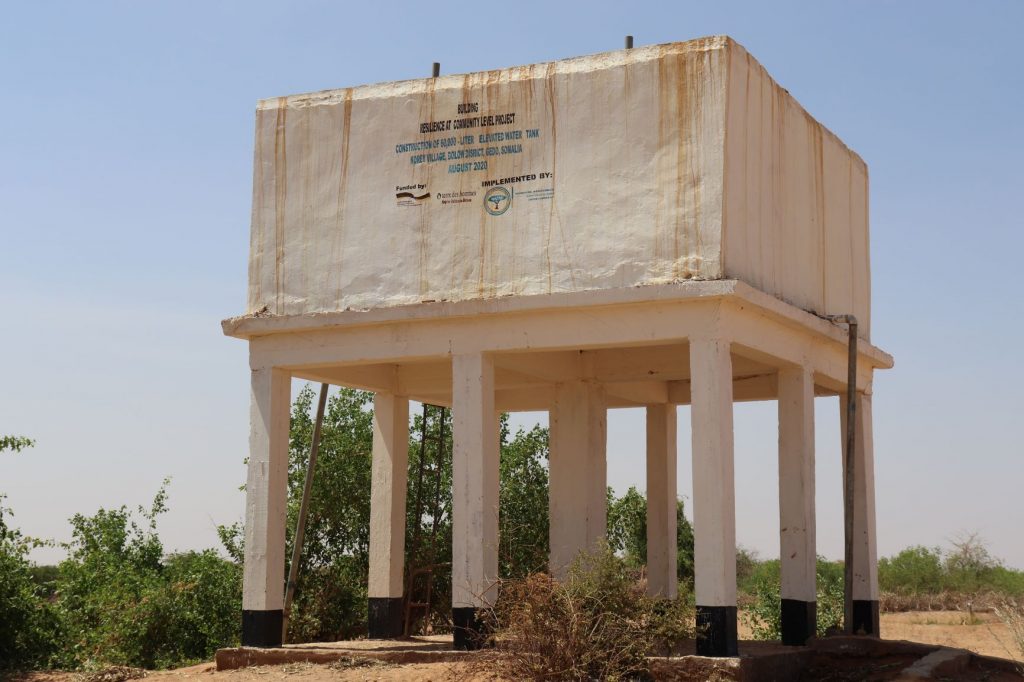
NAPAD partnered with community leaders and the administration to identify the 24 acres of land and the 50 farmers. The land is situated far away from the flooding areas. The farmers also formed 5 farmers groups for better coordination and monitoring.
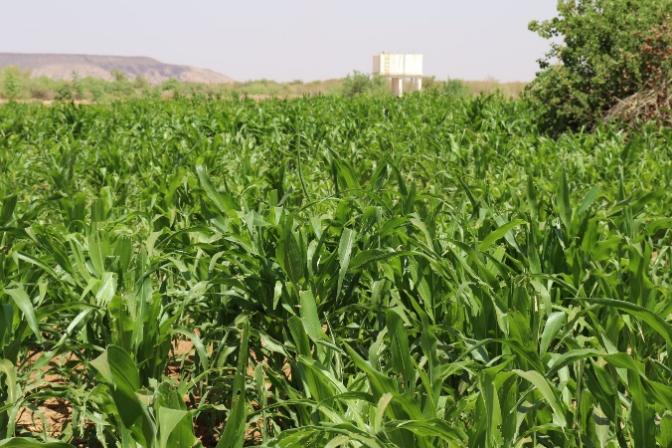
NAPAD dug a shallow well near the river and installed a solar-water-pumping system which now enables the farmers to pump water from the river throughout the year without fuel cost and minimal technical problems. The solar pumping system is operated by locals trained by NAPAD.
“Previously, the diesel-powered pump was very expensive to maintain but now, Alhamdulillah! We are very happy and delighted because we can farm at any time of the year and engine worries are not in our discussions.’ said the father of six.
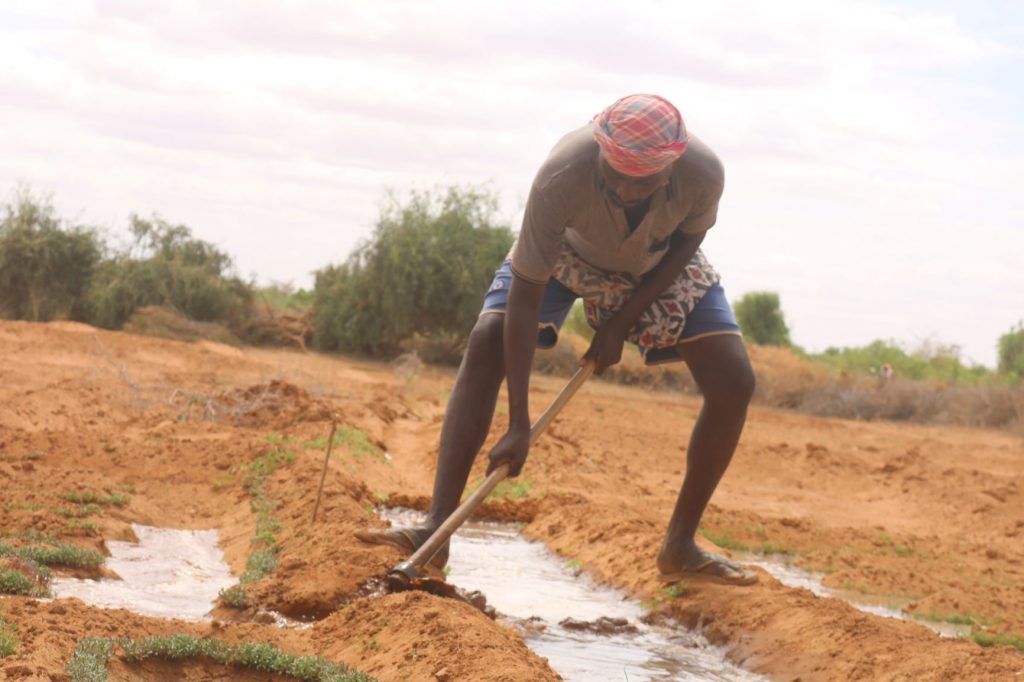
The farmers have integrated agro-forestry with trees being planted along the river basins and in the farms to help prevent soil erosion. To increase crop production, NAPAD provided farm inputs such as crop seeds as well as training to enhance farmers’ knowledge of farming.
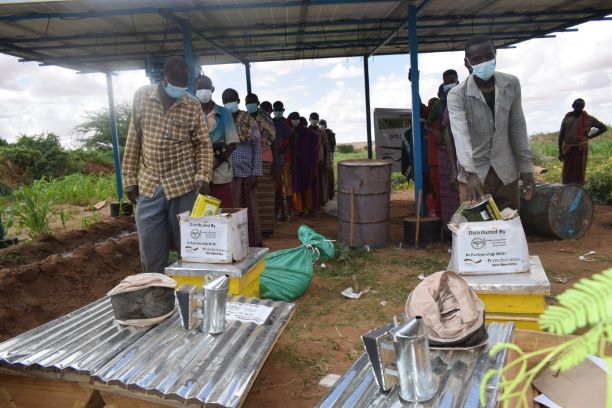
“We participated in farmer’s field days and agroforestry training organised by NAPAD. We gained knowledge we didn’t have. We were taught on advanced farming and how to increase farm production and here we are applying the knowledge,” said a proud Ali.
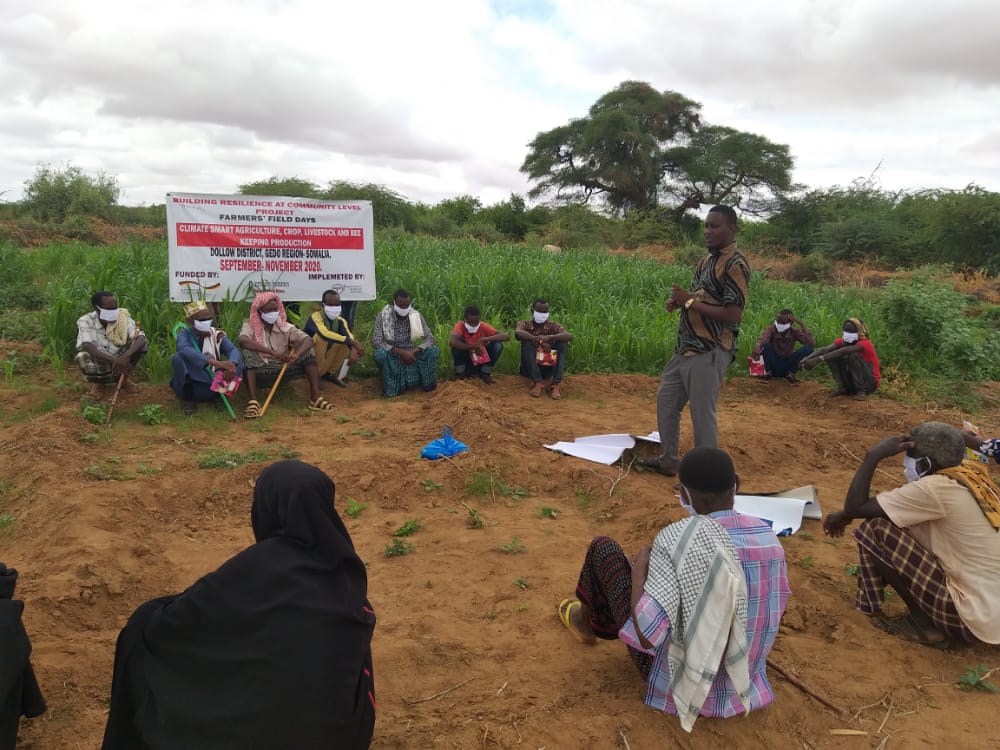
The farmers have turned the farms into flourishing paradise, growing different crop varieties such as onions, tomatoes, maize, cow peas, Sudan grass, and fruits
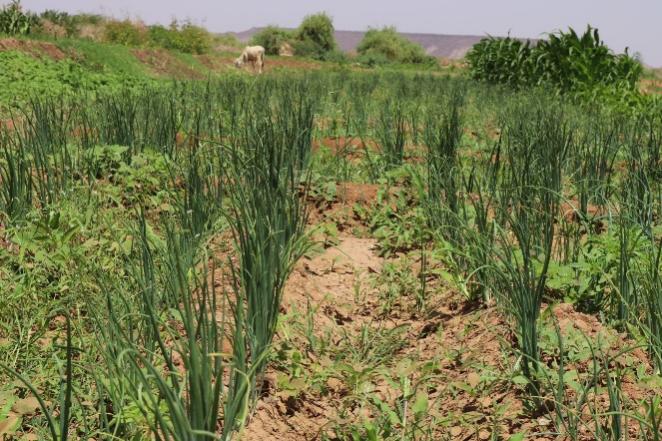
“We immensely thank NAPAD and the donors for their unwavering support. Without them, all this could have not been possible.’’ Ali.
